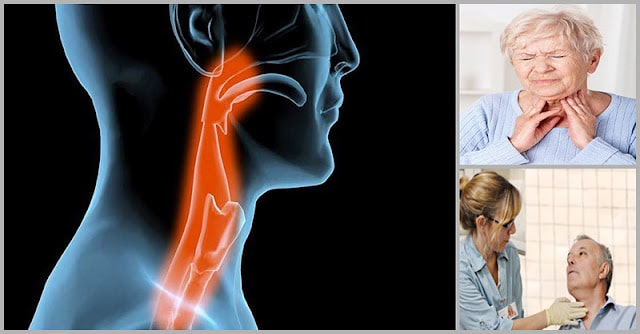Our capacity to eat and drink safely is something we don’t actively think about. However, for people who have trouble swallowing, mealtimes can be really hard. It’s not only breakfast, lunch, and dinner – simply trying to swallow medication can pose a challenge. Dysphagia is a medical term for swallowing difficulties.
What is Dysphagia?
Once you eat and drink, the muscles and nerves found in your mouth, throat, and esophagus work together to bring solids and liquids from your mouth to your stomach. Dysphagia is considered to be a sign of a problem with the strength and/or coordination of these nerves and muscles.
When a person with dysphagia swallows, he may choke, cough, gag, or experience pain. There are also times when the person may experience drooling or “pocketing’ wherein the food and thick fluids are left over in their mouth and throat after swallowing. These symptoms may come and go and improve or worsen over time.
Pulmonary aspiration (when liquid or food that should go into the stomach goes into the lungs instead), dehydration, or malnutrition are some of the more serious side effects of this condition. Since the dysphagia patient is not getting adequate nutrition, he may lose weight in the long run.
Who’s at Risk?
Typically, dysphagia is caused by a condition or an illness that affects the nerves and muscles in the mouth, tongue, and throat. Individuals that may be at risk include:
- Older adults
- People who have had a stroke
- Those with disorders of the nervous system, such as ALS, Parkinson’s disease, muscular dystrophy, and multiple sclerosis
- People with dementia
- People with head and neck conditions, including head and spinal cord injuries
- Individuals with abnormal growths or structural changes in the mouth, throat, and esophagus
According to pieces of evidence around the world, the prevalence of dysphagia in older persons in the community has been estimated to be approximately 27 percent, and this increases to approximately 48 percent in hospitalized older patients. Though dysphagia can happen to anyone, it mostly affects older adults as well as those affected by brain, muscle or nervous system disorders.
How Can You Manage Dysphagia?
Managing dysphagia depends on the cause of the disorder, but it generally involves minimizing aspiration and choking risk. Some individuals do some exercises that can help strengthen and coordinate their muscles to help them swallow You can ask the help of a speech pathologist as he/she can advise you if your exercise will work for you or your loved one.
Try changing the consistency of the foods you eat as it can often make a big difference. Textured-modified foods, as well as thickened drinks, can slow down the movement of liquids in the mouth and throat, thus making food easier to chew and swallow. A healthcare professional such as a speech-language pathologist, occupational therapist, or dietician can help you manage your dysphagia and will also recommend you to modify the texture of your foods and fluids if right for you.









